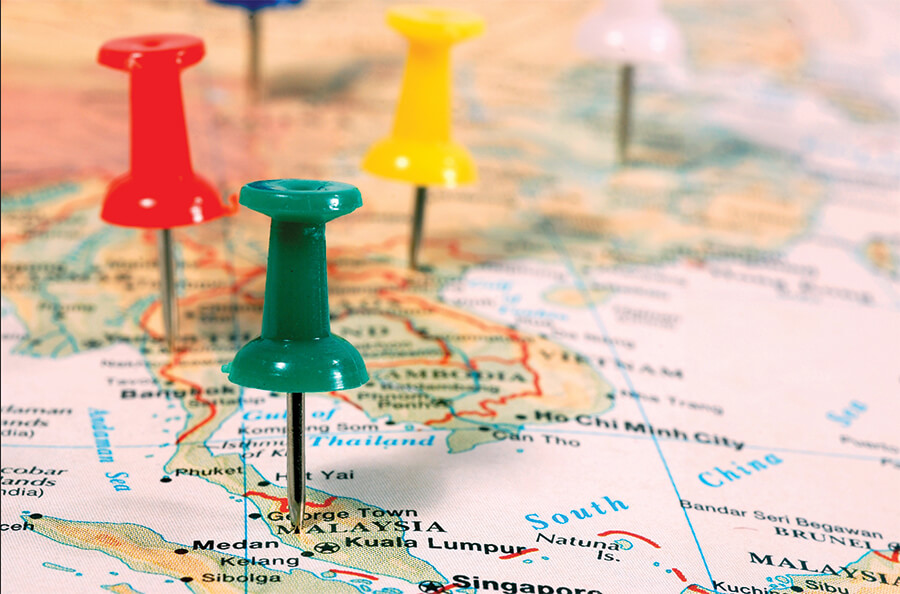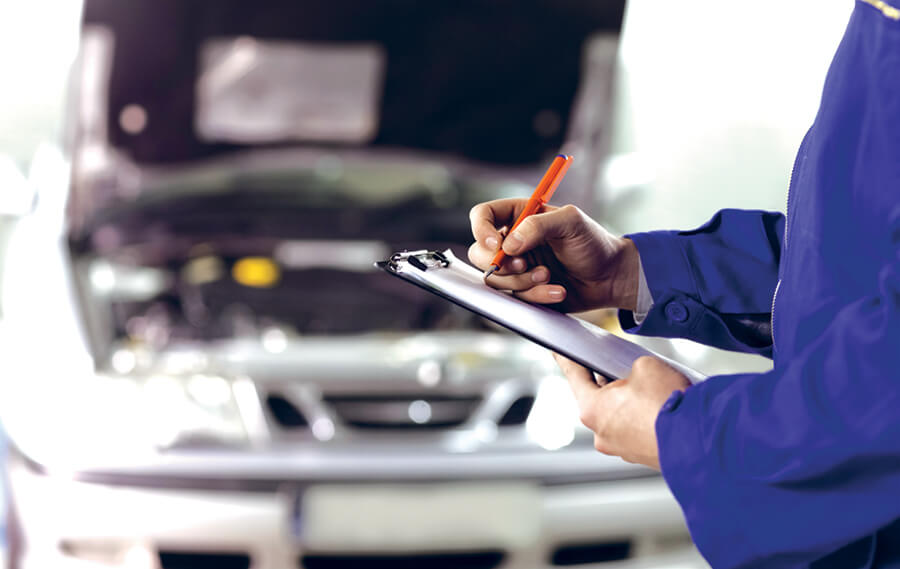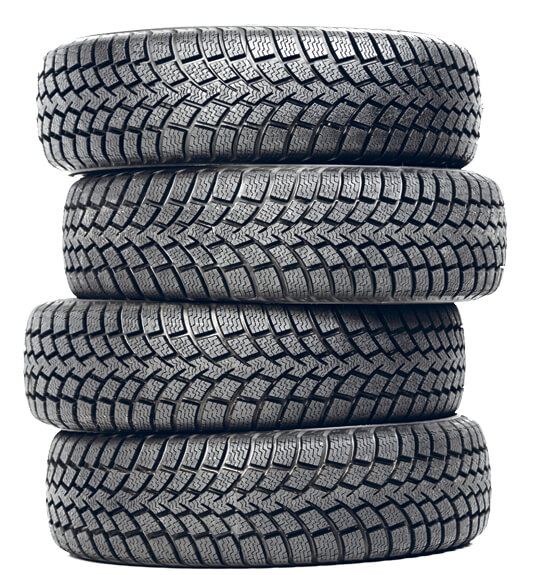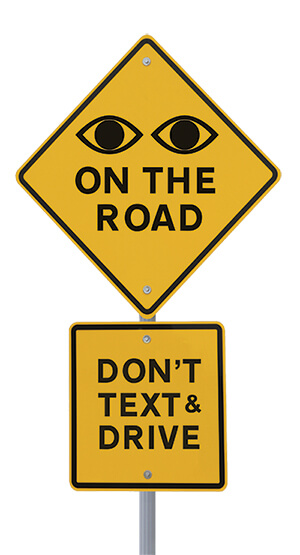
Living on an island where it takes a mere 40 minutes to travel from end to end, road trips across the border into the vast regions of Malaysia or even Thailand offer an alternative for a replacing excursion without the hassle of getting on a plane.
Every road trip is memorable in its own way and often, it is up to the individual to ensure that the memories do not include overheating engines and precious hours wasted waiting for the tow truck. The number one concern for a road trip: Can your car handle the long distance, especially if it is getting on in years or mileage? A couple of simple checks can avoid many common problems. And as with most things, it is advisable to start your checks early.
ONE TO TWO WEEKS BEFORE:
Get any major repairs done

If you know that you have been holding off on a major repair or maintenance on your car, do it a couple of weeks before you set off. Cars are machines and machines cannot tell you how they feel. The major repair or maintenance could yield other technical problems and these will not surface until relative usage has been put on the car. By scheduling any repair or maintenance in advance of your road trip, related or unresolved problems should come to light before the trip.
Check the tyres

Make sure your tyres are inflated to the proper pressure. Low pressure can cause extra heat buildup, which can in turn result in a blowout at high speeds. Follow the instructions for checking tyre pressure in your owner’s manual. While you are at it, check the tyre treads and make sure there is still ample grip which will work especially on wet roads. Poor grip will cause skidding if you need to brake suddenly at high speed.
Check the spare tyre
Check and ensure that the spare tyre is fully inflated and that the jack, wrench, and other tyre changing equipment are in working order and in the trunk.
Clean out your car
You may have forgotten about some of the stuff in your boot. If so, it means that they are unnecessary and weighing down your car. The more stuff you haul, the more fuel your car burns. With your actual road trip luggage, your car will have to work harder during those prolonged driving hours. Remove anything that is not essential.
Equip all family members with sunblock and sunglasses

Invest in a sunshade for your back and side windows and ensure everyone wears sunglasses, a cap/hat and sunblock to protect against UV rays. When you leave the car for a rest stop, cover safety seats with blankets so they do not overheat and burn a baby’s tender skin. Never leave kids alone in the car as the interior of a parked car can reach deadly temperatures in just seconds under the hot sun.
Check the back seat
Ensure child safety locks are activated on windows and doors and remove any poisonous substances/choking hazards from your backseat that a child travelling onboard may accidentally ingest. Remove potential projectiles like toys, shoes and briefcases from the backseat – if your vehicle stops abruptly or gets into a collision, anything that is not secured will be thrown forward and could hit you or anyone in the car.
Prepare for the worst
Having an emergency kit at the ready will make an unexpected breakdown a lot less stressful. Ensure that your emergency kit contains at least a blanket, a flashlight with fresh batteries, and some extra food and water. Also keep a copy of your car’s warranty, insurance and contact information for your emergency car care service in the glove compartment, and make sure that you have the emergency car breakdown recovery contact number with you and with a fellow traveller at all times. Keep these documents in a waterproof travel organiser for protection against accidental spills and damage. Finally, bring a spare set of car keys in your handbag or always-with-you pouch in case you lose your keys during the trip or lock yourself out of the car by accident.
DURING THE ROAD TRIP:
Avoid driving at high speed all day
When you are hypnotised by the endless road ahead for hours on end, it is easy to suddenly find yourself driving at high speed over long periods. Wind resistance increases exponentially with speed, so driving fast places huge demands on your car’s engine, making it work a lot harder. Stick to the speed limit to prolong your engine’s lubricant and, in turn, the life of your engine’s components. You don’t want a scary flaming breakdown while every other car on the road zooms past you, heading towards their destinations.
Take regular breaks

Whether you realise it or not, driving, especially in unfamiliar surroundings, terrains and road conditions, is tiring and stressful, especially the first time. Your best bet is to ensure there is a second driver so you can take turns, each taking an eye break and relaxing fully when the other is driving.
Slowly does it upslope
If you are taking a road trip up Genting or Cameron Highlands, ease up on the throttle. Travelling at the same speed whether you are going upslope or coasting down the highway means your engine is actually being made to work a lot harder. Slow down when driving upslope to minimise wear and tear and reduce the damage to your engine by overheating.
Pay attention to gauges
The gauges on your vehicle dashboard are your lifesavers on the road. The gauges’ warning lights might tip you off before something goes horribly wrong, especially the temperature gauges.
Eyes on the road

When your eyes are not on the gauges, they should be on the road and not on the screen of your smartphone. Over the last decade, driver distraction has become one of the leading causes of traffic accidents. And with long driving hours and the sight of panoramic scenery and endless roads rolling out ahead, your reflexes will not be as sharp and quick as when you are driving on a busy road.
The worst thing that could happen – other than having a car breakdown – is walking away with irreversible damage to your body because of carelessness or lack of preparation.
Taking precautions can minimise the chances of this happening, so you can relax and enjoy the drive.







